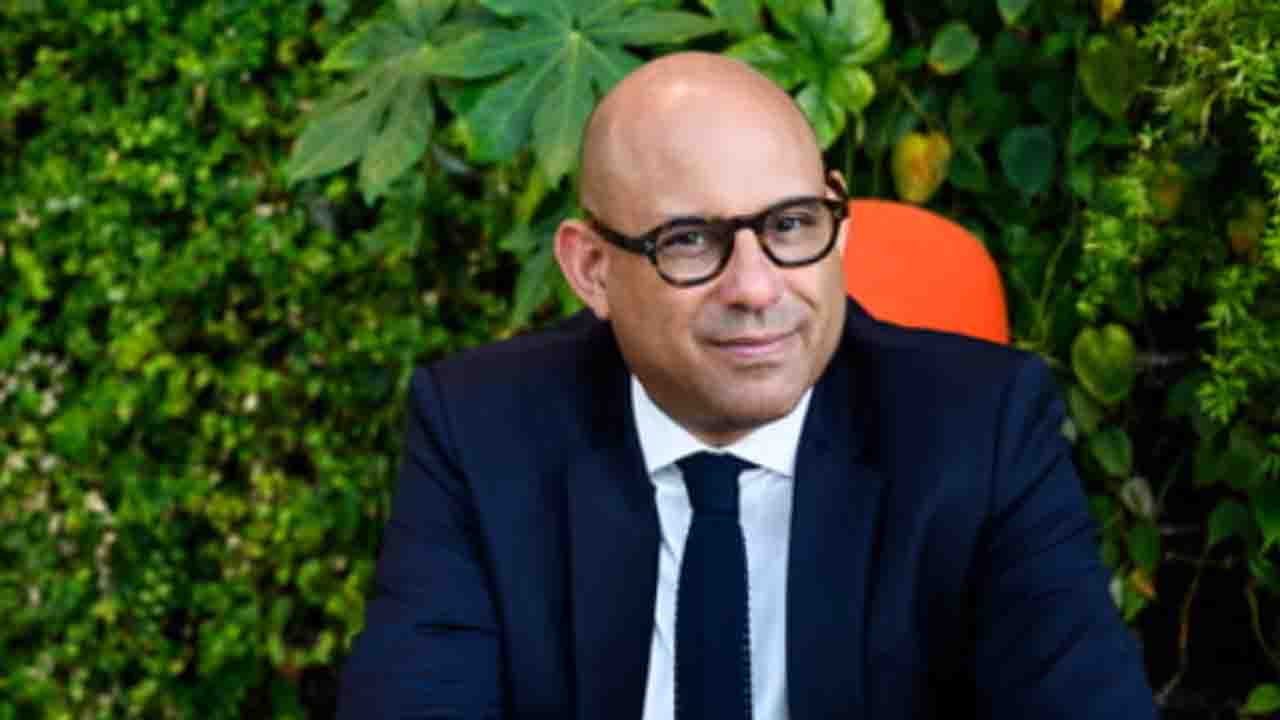
Resilienceapac – The UN Climate Chief, Simon Stiell, has acknowledged encouraging signs in the global shift toward a low-carbon economy. According to him, private investment is playing a transformative role, driving renewable energy projects, clean technology, and sustainable infrastructure at a pace never seen before. This surge of capital shows that markets are beginning to recognize both the risks of fossil fuel dependency and the opportunities within the green economy. For many, these developments highlight that the transition to cleaner energy is no longer a distant goal but a reality already taking shape.
Yet Stiell urged caution. The positive trend in private finance, he said, should not overshadow the central responsibility of governments. While investors can accelerate change, national policies remain the backbone of effective climate action. Without stronger regulatory frameworks and clearer national targets, the pace of progress will remain insufficient to meet global climate goals.
“Beyond Comedy: The Curious Hobbies of David Mitchell”
Despite growing momentum, the UN Climate Chief warned that current national commitments fall well short of what is needed to keep global warming within safe limits. Existing pledges still place the world on track for dangerous levels of warming, far above the 1.5°C target set under the Paris Agreement. Such a trajectory threatens more extreme weather, faster sea-level rise, and widespread ecological stress.
Stiell also highlighted the urgent need for governments to balance mitigation with adaptation. Communities worldwide, particularly in climate-vulnerable regions, are already facing devastating impacts from catastrophic floods to prolonged droughts and record-breaking heatwaves. He emphasized that resilience must be a priority, with greater investment in infrastructure, healthcare, and social systems capable of withstanding intensifying climate shocks.
Looking ahead, the UN Climate Chief pressed world leaders to show ambition not just in words but through decisive action. He argued that climate strategies must extend into every sector of society, including finance, agriculture, and urban planning. Moreover, developed countries must fulfill their promises on climate finance. Ensuring that developing nations have the resources to pursue both emission cuts and resilience measures.
“The Global Container Fleet Market Is Predicted to Grow Rapidly”
This article is based on reporting from The Guardian, a trusted international news outlet known for its in-depth coverage of global climate issues, policy developments, and environmental challenges.
Writer By: Sarah Azhari | Editor By: Randa Saragi
Resilience APAC: Asia-Pacific Hub for Reform – Climate-ready energy systems industry innovations are reshaping how factories and plants generate and…
Resilience APAC: Asia-Pacific Hub for Reform - resilient energy systems climate adaptation is becoming a critical focus as climate change…
Resilience APAC: Asia-Pacific Hub for Reform - industrial policy trends shaping economic landscapes worldwide are playing a crucial role in…
Resilience APAC: Asia-Pacific Hub for Reform - Boardrooms now menilai seberapa siap perusahaan menghadapi risiko iklim, sehingga climate resilience metrics…
Resilience APAC: Asia-Pacific Hub for Reform - Companies worldwide now see circular logistics reducing waste as a core strategy to…